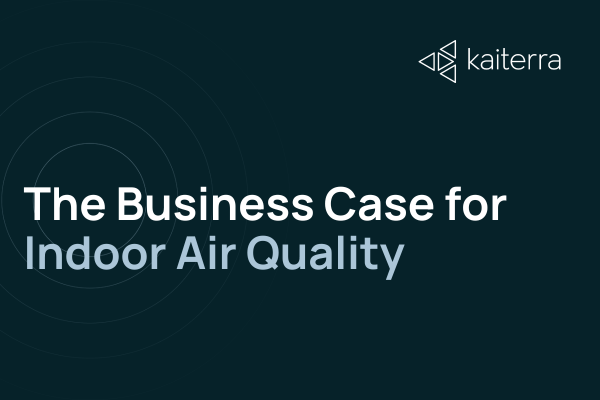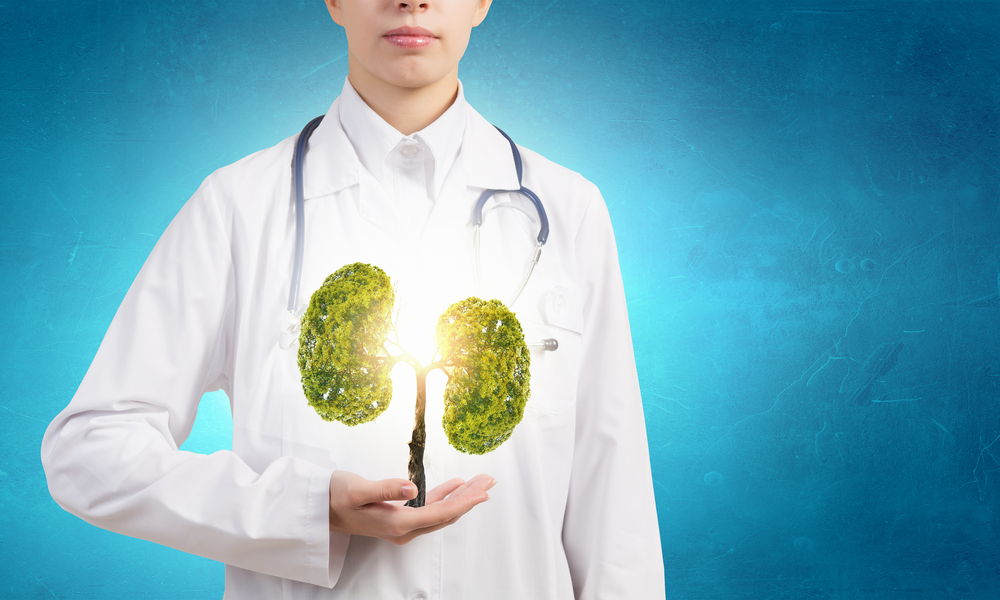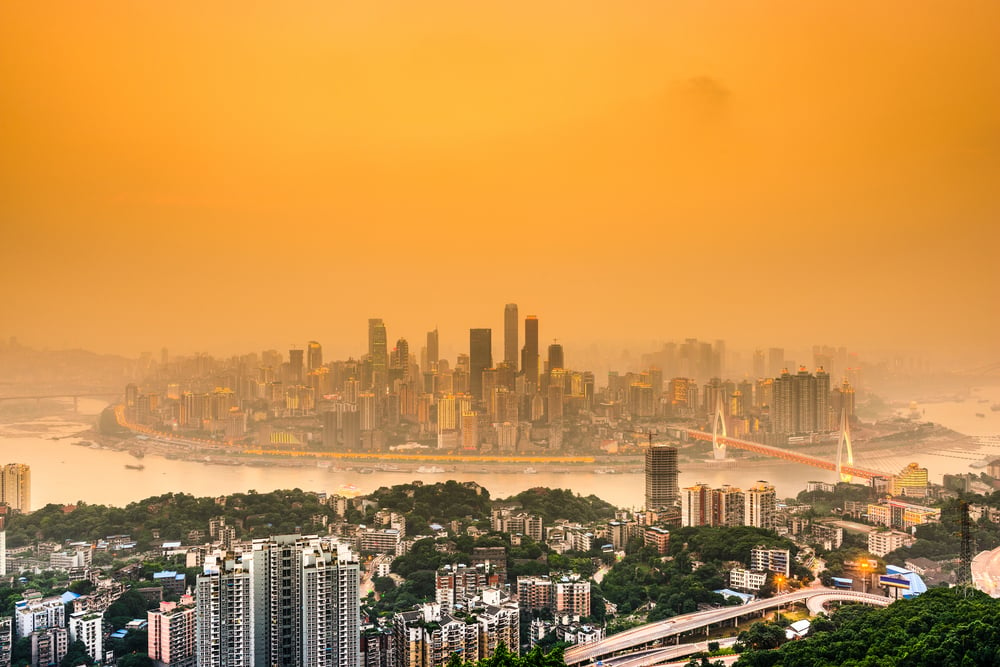Newsletter
What Is Lung Cancer?
Lung cancer starts when damaged cells in the lung mutate and develop into tumors. As these tumors grow and multiply, they undermine the lung’s ability to provide the bloodstream with oxygen. There is a significant link between lung cancer and air pollution.
How Does Air Pollution Affect Lung Cancer?
In 2016, lung cancer was responsible for roughly 1.6 million deaths around the world. Most lung cancers are the result of inhaling carcinogenic substances. For example, people who smoke have the greatest risk of developing lung cancer. However, a combination of external factors put non-smokers at risk as well. Individual genetics, exposure to harmful substances (such as radon gas), and increasing pollution levels all play a part.
Particulate Matter & Lung Cancer
Most people think of smoking cigarettes when they first think of lung cancer. However, the reality is that air pollution may play a bigger role than we realize. There is overwhelming evidence that proves that there's a relationship between particulate matter and lung cancer.
Particulate matter is comprised a very small pollution particles. They're so small that, when inhaled, our natural defense systems don't filter them out. They essentially become trapped deep inside the lungs. Research is continuing to determine how the size of and different compounds in these particles impact lung cancer.
Increasing Your Risk of Developing Lung Cancer
A number of factors may increase your risk of developing lung cancer. These can include:
- Smoking. Risks increase with every cigarette you smoke and the number of years you have smoked.
- Exposure to radon gas. Unsafe levels of radon can accumulate in any building, including homes.
- Exposure to workplace carcinogens. Exposure to carcinogens, such as asbestos, can cause cancer and puts you at a greater risk of developing lung cancer.
How To Protect Yourself from Lung Cancer and Particulate Pollution
There are precautions you can take to mitigate the risk of lung cancer. These include:
- Check the air quality index for the day and limit your outdoor activity accordingly.
- Visit a doctor if you experience any symptoms of lung cancer.
- Minimize your exposure to high traffic areas and pollution hotspots.
- Stop smoking. Tobacco is one of the major contributors to lung cancer. Limiting your exposure to smoke will help in protecting you against lung cancer.
To learn more about air pollution, read our dedicated article below:






.png?width=200&height=148&name=Menu%20C%20(2).png)

.png?width=307&height=228&name=Menu%20-%20D%20(1).png)
.png)





